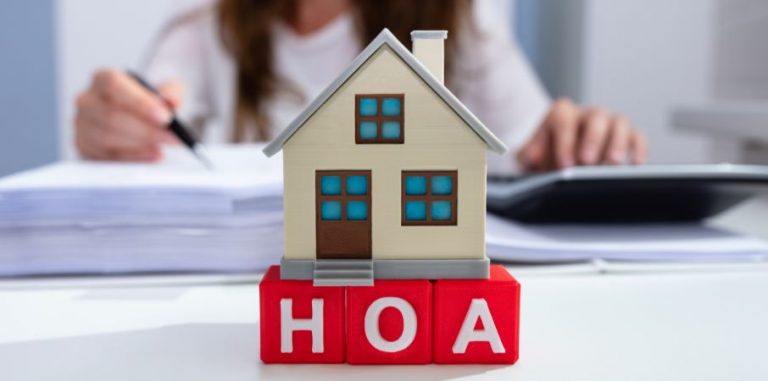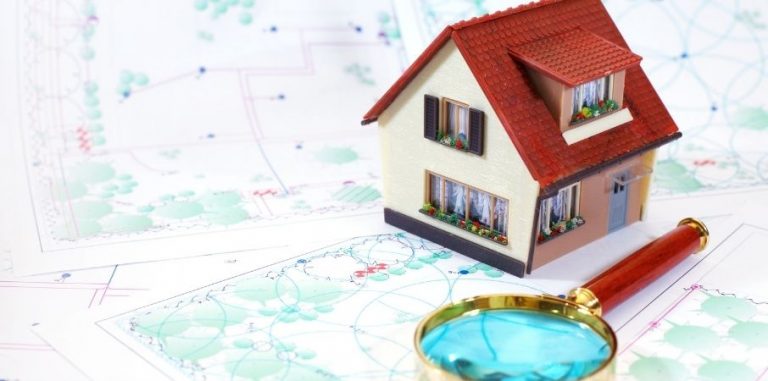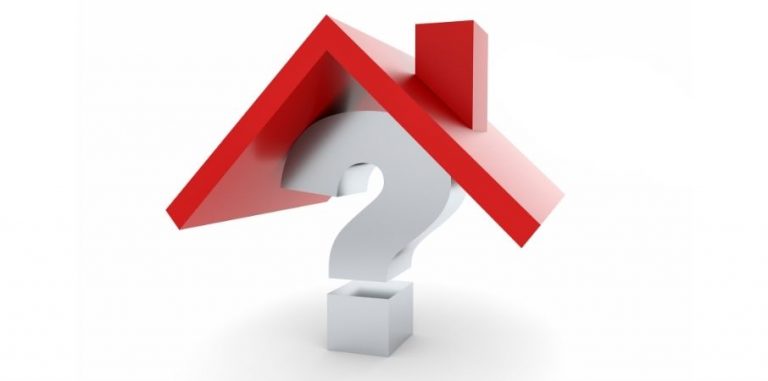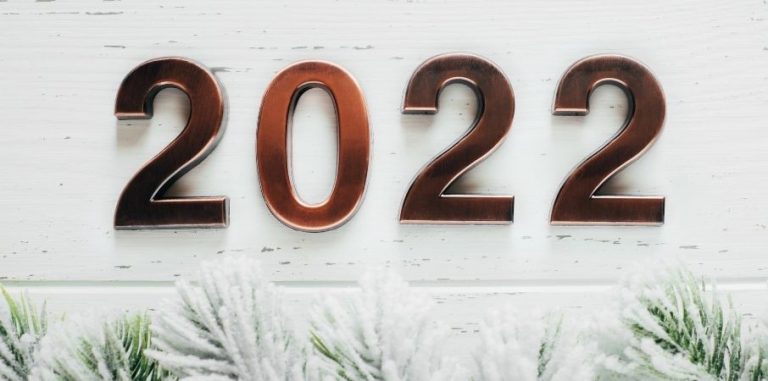More often than not, maintenance has a negative connotation in the rental property world.
The goal of all Landlords is to minimize it.
The goal of all Tenants is to ensure it’s done and done right now.
For Landlords, maintenance usually means something is broken, or there’s some other issue that’s going to cost them money.
But that isn’t, and shouldn’t always, be the case.
Most maintenance should be viewed as asset preservation as opposed to fixing and replacing.
Most experienced and successful Landlords understand that the better a property is maintained, the lower the long-term expenses should be, and the higher chances for Tenant satisfaction and longevity.
Let’s face it… if a property is in disrepair it:
- Will be harder to rent
- Command less-than market value
- Suffer more turnover/vacancy
All of this leads to a lower return on investment.
Related: How Much Will I Spend on Maintenance for my Indianapolis Rental Property?
13 Tips To Help You Keep Your Indianapolis Rental Property Property Maintained
1. Keep all exterior wood properly painted
Paint acts as a protectant for the wood and helps lock out moisture. Failure to keep these areas covered with paint can lead to premature decomposition; this will end up being a much more costly repair/replacement than keeping it properly painted.
Plus, a home with pealing or faded paint is unattractive and likely harder to rent.
2. Ensure dirt surrounding the foundation slopes away from the house, not towards it
Taking this measure helps prevent water from leaking into the basement or any crawl spaces. If water is able to seep into these areas, it can cause mold or other damage that is costly and dangerous.
3. Keep gutters and downspouts free of debris
Failing to keep these clear can result in water backing up and penetrating into the, or water dumping from the roof right onto your foundation. Generally, this has the highest exposure during spring and fall.
Tip: Add extenders to downspouts to keep water from emptying too close to the foundation.
4. Check windows and doors for security and gaps, and use weather proof sealant to keep water out
Doing this can help prevent serious damage from water leakage, deter any possible break ins, and trap more heat which will make your Tenants safe and happy.
5. Inspect trees on the premises for precarious limbs that could fall and cause an injury, keep them trimmed away from house
Keeping an eye on the trees on your property can help prevent damage to your house or Tenants. Inspect trees for dead or hanging limbs, especially before winter when they can become weighed down by snow or ice. Check the base of trees and and if it appears to be rotted, have them professionally removed. Otherwise they pose a threat of falling over.
6. Monitor roof for missing or damaged shingles and look for any interior water leaks
Keeping tabs on the roof of your rental home can prolong its life. It’s much cheaper to fix a few shingles here and there than it is to replace the entire thing. It’s worth a few trips up a ladder every once in a while to ensure the roof is in good condition.
It’s especially important to check the condition after heavy winds and storms and before winter when it’s covered and weighed down by snow.
7. If there is a fireplace, have the combustion chamber and chimney cleaned and/or inspected once a year
Fireplaces can pose a hazard, so yearly cleanings and inspections are necessary to prevent chimney fires and other possible disasters.
8. Have HVAC serviced twice a year
Your HVAC system is one of the most expensive aspects of your investment. It’s vital that you give it the maintenance and attention it needs to keep it functioning properly, for a longer period of time. In addition, routine furnace checks help ensure there are no safety defects that could be harmful to the Tenant or property.
It’s recommended to have a certified technician do one check up in the Fall and one in the Spring.
9. Make sure all appliances and fixtures are functioning properly
Again, it’s always cheaper if you can catch problems when they are small. Doing a routine check on all of the in-home appliances to make sure they’re in working order can save you and the Tenant some frustration down the road.
It’s better to have to replace a part or two rather than replacing an entire dishwasher or refrigerator.
10. Make sure all electrical and plumbing are functioning and are up to code
It is generally recommend to take electrical and plumbing systems very seriously. Plumbing failures can be the most destructive and costly property repairs to make if needed. Electrical failures or issues are some of the most dangerous to property and people. Therefore, to ensure safety of your home and protect you from liability, it is recommended to make sure these systems are up to code and make any necessary repairs or updates as needed.
11. Pest Control
The goal here is to simply prevent pests from gaining access to the home. If they gain access, treatment and repairs can add up quickly. In many states, due to health and safety concerns, pest infestations must be handled in a timely manner to get the home habitable.
Tip: To prevent access, you should keep all exterior surfaces in sound condition, caulk and seal cracks, and treat structure routinely with insecticides.
12. Act quickly on Tenant requests/complaints
We get it… not every Tenant complaint is valid, but you need to screen all maintenance requests and the take swift action on complaints that are valid.
Handling maintenance requests right away usually ends up saving you money in the long run even though it seems like a pain at the moment. Please keep in mind, one of the greatest reasons Tenants vacate a rental is due to the satisfaction level with handling maintenance. Landlording is a customer service industry.
13. Landscape according to City ordinances.
Keeping up with landscaping is important because the outside of your property is the first thing a potential Tenant sees. It’s their first impression of the home and has an impact on whether or not they want to pursue renting it.
It then sets the standard for your Tenants on how they should maintain the landscaping themselves.
Depending on where your property is located, there may also be HOA or City regulations on how the yard must be taken care of.
MAINTENANCE IS INEVITABLE
Now, as an Owner of rental real estate, you will never be able to entirely avoid maintenance. You will inevitably face repairs or replacements and some of them are not going to be cheap.
However, by keeping your investment properly maintained, you can minimize these incidents, therefore minimizing expenses.
This is one area you do not want to cut any corners. Put in the time and effort (or hire someone else to put in the time and effort) to ensure your rental home is kept up properly.











